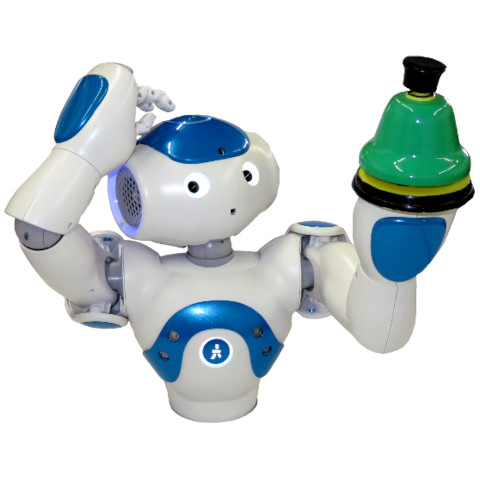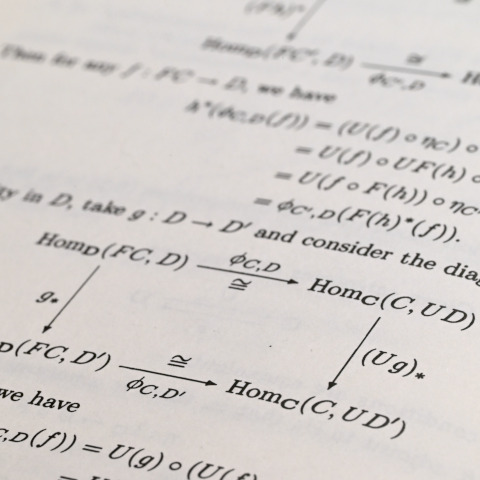Intelligence
What is intelligence? Are there systems more intelligent than humans? How are mathematics and intelligence related? These and other similar questions define my research topics.
Philosophy

Our environment shapes the way we think. The same insight that drives technological innovation is often the obstacle that hinders deeper comprehension of our world. That is why it is important to delve into the questions as well as the answers: By identifying our biases and assumptions, the questions can be reformulated without those biases. For example, the question “Are there systems more intelligent than humans?” assumes that any two intelligent systems are comparable such that if a system is not comparable to human intelligence, then it cannot be intelligent.
Mathematics

Mathematics are the language of nature. Without them, there would be no scientific and technological advancements. In the field of intelligence, mathematics are mostly used to analyse some measurable property of human and machine intelligence. They are seldom used to study intelligence per se for the simple reason that there is no satisfactory theory that models intelligence. However, the mathematical framework may have an essential role in understanding the basics of intelligence.
Category theory is the field of mathematics that describes structure. It allows to make formal analogies between disparate concepts and use any level of abstraction. In spite of not being widely known, category theory lies at the core of modern mathematics and constitutes the ideal framework for becoming the mathematics of intelligence.
Biological evolution

The origin of species was strongly criticized when Darwin published it in the 19th century. His ideas resulted in rejecting the divine origin of living beings, including humans, as described by creationist religions. However, the theory of evolution also negated scientifically that living beings could have been created by some intelligent process, therefore reinforcing the prevalence of cognitive anthropocentrism. The evolutionary origin of species introduced a seemingly unsurmountable rivalry between science and religion. But if we credit biological evolution with intelligence, manifested by variability in the genetic code, the contradiction between science and religion disappears. Moreover, with this interpretation it is possible to study the mechanisms of intelligence in a system different to the human brain. But this milestone is blocked by anthropocentric mentality.
Anthropocentrism

Cognitive anthropocentrism, or the tendency to accept that only humans are intelligent, is one of the assumptions that we are instilled in from an early age. In analogy to geocentrism, which preceded heliocentrism, we ask ourselfes: Are we the center of the universe with respect to intelligence? My answer is no. With the notion of scientific arrogance I refer to the implicit requirement that every intelligent system must interact with the environment as humans do. This concept is also applicable to processes formerly described as intelligent, but discarded once the working mechanisms of the process are found. This is the case with the process of evolution of species.